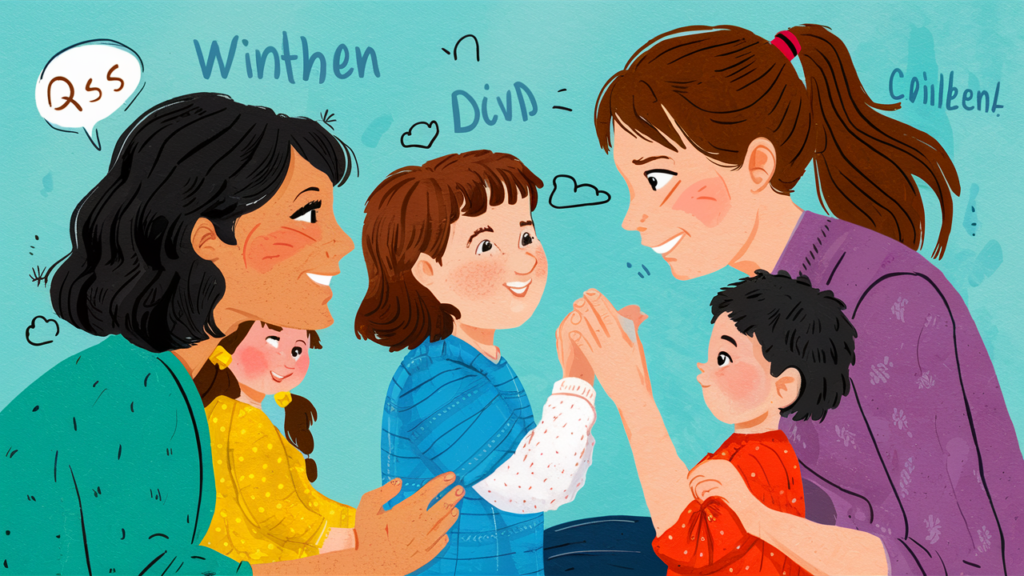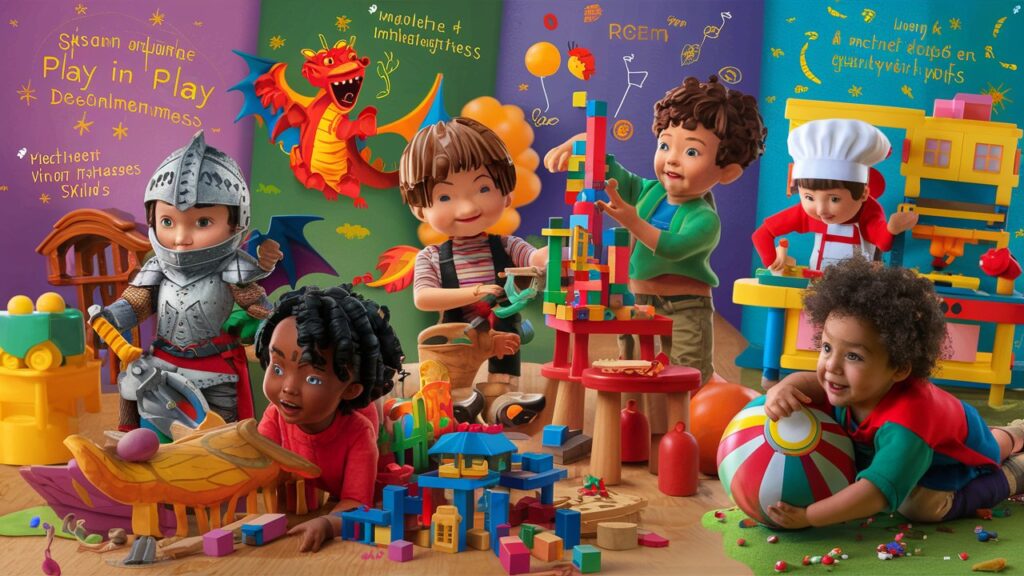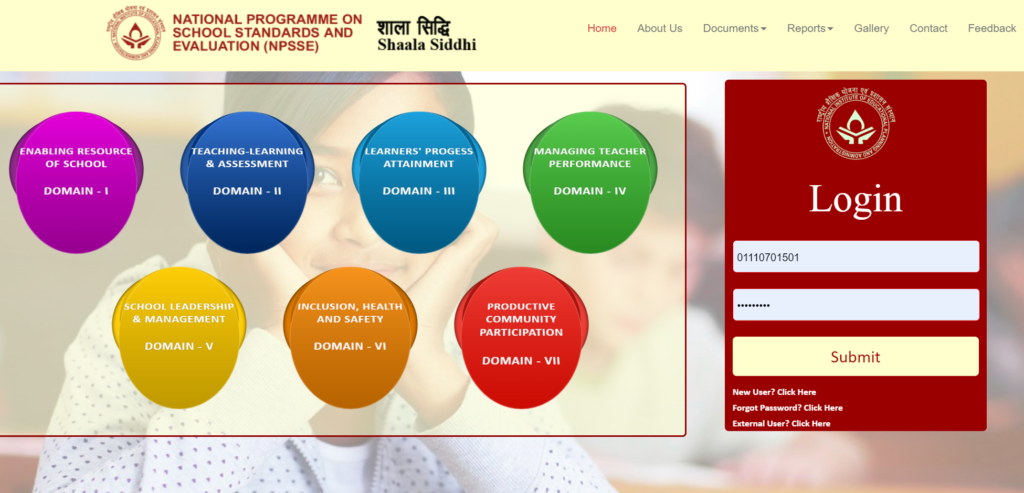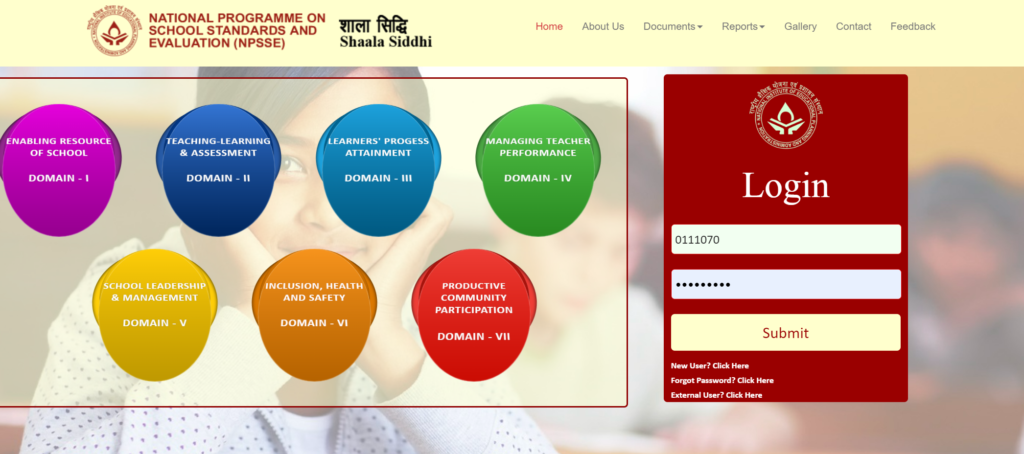Table of Contents
ToggleHow Children Learn at the Foundational Stage: NEP 2020

Children are natural learners. From the moment they come into this world, they’re like sponges, soaking up everything around them. They’re active, eager, and filled with an insatiable curiosity that drives them to explore, question, and discover. At the foundational stage of learning, their journey of discovery is at its most vibrant, and understanding how they learn is crucial for their development.Children possess an innate curiosity, propelling them to absorb knowledge effortlessly. Their boundless energy fuels exploration and inquiry, forming the cornerstone of their learning journey. Understanding their learning mechanisms at this crucial stage is imperative for fostering holistic development, nurturing their insatiable thirst for knowledge.
How Children Learn at the Foundational Stage:
Children’s innate sense of wonder and curiosity is the cornerstone of their learning process. They’re like little scientists, constantly experimenting and exploring their surroundings to make sense of the world. Through play, they engage in hands-on experiences, manipulating objects, and interacting with their environment. Whether it’s building blocks, solving puzzles, or pretending to be doctors or astronauts, play is their way of actively engaging with learning.
The Importance of Play:
Play serves as the scaffold upon which children construct their understanding of the world. It’s not merely a break from learning but an integral part of the learning process itself. As children engage in imaginative play, they experiment with different roles, scenarios, and solutions, honing their cognitive abilities and emotional resilience. Through play, they learn to navigate challenges, regulate their emotions, and collaborate with others, fostering a sense of belonging and empathy. Furthermore, play nurtures a sense of agency, empowering children to take risks, explore boundaries, and express themselves freely. This holistic approach to learning promotes curiosity, creativity, and lifelong learning skills, ensuring that children develop into confident, adaptable individuals prepared to tackle the complexities of the future.

Learning through Play:
At the foundational stage of development, play manifests in diverse forms, each offering unique opportunities for learning and growth. Free play, characterized by spontaneity and self-direction, empowers children to explore their interests, interact with peers, and develop problem-solving skills autonomously. In this unstructured environment, they exercise agency, negotiate rules, and navigate social dynamics, cultivating independence and decision-making abilities.
Guided play merges the benefits of child-led exploration with adult support and guidance. Here, educators provide scaffolding to enhance learning experiences while respecting children’s autonomy. By offering prompts, asking open-ended questions, and providing resources, adults facilitate deeper engagement and promote critical thinking and inquiry skills. This approach encourages children to take initiative, make connections, and construct meaning from their experiences, fostering a sense of agency and ownership over their learning journey.
Structured play, characterized by predetermined rules and objectives, serves as a deliberate pedagogical tool to target specific skills and concepts. Educators design activities that incorporate educational goals while maintaining an element of fun and engagement. Through structured play, children practice following instructions, understanding boundaries, and collaborating with peers, laying the groundwork for future academic success and social competence.
Overall, whether through free play, guided play, or structured play, the foundational stage provides a rich tapestry of experiences for children to explore, learn, and thrive. Each mode of play offers distinct benefits, nurturing various aspects of development, including cognitive, social, emotional, and physical skills. By embracing the diversity of play experiences, educators can create enriching environments that empower children to become curious, creative, and confident learners.
Examples of Play
Dramatic play allows children to immerse themselves in imaginary worlds, exploring different roles and scenarios. Exploratory play encourages them to experiment with objects and materials, fostering curiosity and problem-solving skills. Environment and small world play enable children to recreate real-life situations and engage with their surroundings. Physical play promotes movement and coordination, while games with rules teach children about fairness, cooperation, and following instructions.

Conclusion:
At the foundational stage of learning, children are at their most receptive and curious. Understanding how they learn through play is essential for creating engaging and effective educational experiences. By providing opportunities for active participation, nurturing relationships, and fostering a playful learning environment, we can empower children to become lifelong learners, ready to navigate the complexities of the world around them.
In conclusion, “How Children Learn at the Foundational Stage” emphasizes the importance of play, curiosity, and relationships in fostering children’s development and learning. By recognizing and embracing these fundamental aspects, we can create enriching educational experiences that lay the groundwork for future success.

FAQs on Children's Learning at the Foundational Stage:
Why is play emphasized in children’s learning at the foundational stage?
- Play is essential because it allows children to explore, experiment, and engage actively with their environment. It fosters creativity, problem-solving skills, and social development, laying the groundwork for future learning.
How do children benefit from different types of play?
- Different types of play, such as free play, guided play, and structured play, offer unique benefits. Free play promotes autonomy and decision-making skills, guided play provides scaffolding for learning objectives, and structured play focuses on specific competencies and outcomes.
What role do adults play in children’s learning through play?
- Adults, including parents and teachers, play a crucial role in facilitating and supporting children’s play experiences. They provide a stimulating environment, offer guidance when needed, and foster nurturing relationships that encourage exploration and learning.
How does play contribute to children’s social and emotional development?
- Play allows children to interact with peers, negotiate roles, and navigate social situations, promoting the development of empathy, communication skills, and emotional regulation. Through play, children learn to collaborate, share, and resolve conflicts effectively.
What are some practical examples of play-based learning activities for the foundational stage?
- Examples include dramatic play (pretend play), exploratory play (experimenting with materials), physical play (movement-based activities), and games with rules (learning through structured activities). These activities can be tailored to support various learning goals and cater to individual interests and abilities.



